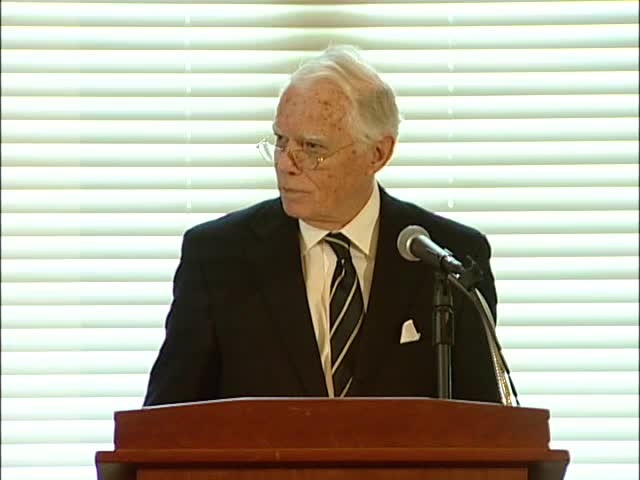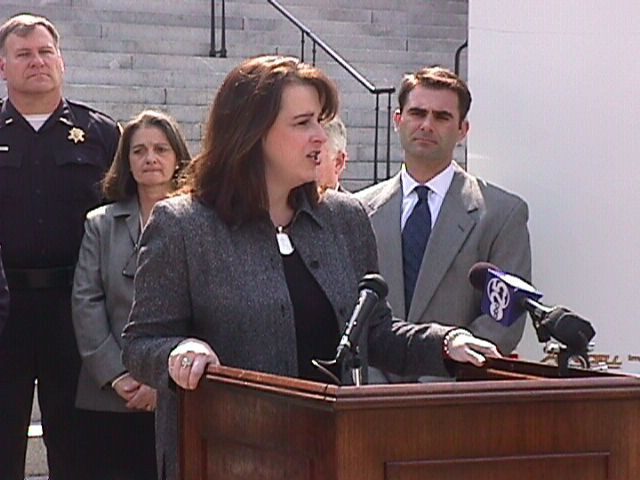In a world characterized by diverse beliefs and values, political ideology serves as a guiding principle that shapes our perspectives on governance, society, and the economy. Understanding this fundamental concept is crucial in comprehending the dynamics of politics, both at the local and global levels. In this comprehensive article, we will delve deep into the heart of political ideology, dissecting its core components, and shedding light on the various forms it can take.
Defining Political Ideology
Political ideology is a complex term, often used to categorize a person’s or group’s set of beliefs, values, and principles concerning political affairs. It forms the bedrock upon which political decisions are made, policies are designed, and governments are structured. Political ideology can be regarded as the lens through which individuals view the world of politics.
The Core Elements of Political Ideology
To truly understand political ideology, one must grasp its core elements. These elements encompass the following:
1. Values and Beliefs
Values and beliefs constitute the foundation of any political ideology. They are deeply ingrained principles that shape an individual’s perspective on issues such as freedom, justice, equality, and the role of government. These values and beliefs can vary significantly from one ideology to another.
2. Economic Philosophy
Another critical aspect of political ideology is its stance on economic matters. Different ideologies hold distinct views on the role of government in regulating the economy, taxation, and wealth distribution. For instance, liberalism tends to favor a more hands-off approach, while socialism promotes greater government intervention in economic affairs.
3. Views on Government
Political ideologies also diverge in their opinions on the nature and scope of government. Some ideologies, like libertarianism, advocate for limited government involvement, while others, like authoritarianism, argue for a strong, centralized state.
4. Social and Cultural Stance
Social and cultural issues are integral to political ideology. Ideologies can be liberal or conservative when it comes to matters such as individual rights, cultural values, and societal norms. These stances often influence a person’s position on topics like same-sex marriage, abortion, and immigration.

Major Political Ideologies
There are several major political ideologies that have influenced governments and societies worldwide. Some of the most prominent ones include:
1. Liberalism
Liberalism champions individual rights, a free-market economy, and limited government intervention. It emphasizes personal freedom and the protection of civil liberties.
2. Conservatism
Conservatism values tradition, social stability, and a strong government. It often seeks to uphold traditional values and institutions.
3. Socialism
Socialism advocates for wealth redistribution, government ownership of key industries, and comprehensive social welfare programs. It aims to reduce economic inequality.
4. Libertarianism
Libertarianism promotes minimal government intervention in both economic and social matters. It emphasizes personal freedom and autonomy.
5. Authoritarianism
Authoritarianism seeks a strong, centralized government with substantial control over the economy and society. It often suppresses dissent and opposition.
The Evolution of Political Ideology
Political ideology is not static; it evolves over time. Societal changes, economic shifts, and cultural developments can lead to the emergence of new ideologies or alterations in existing ones. For example, environmentalism and feminism have given rise to ideologies that focus on environmental conservation and gender equality.
The Importance of Political Ideology
Understanding political ideology is crucial for a multitude of reasons. It helps individuals make informed decisions when voting, engage in political discourse and advocate for change. It also plays a significant role in shaping government policies and the overall direction of a nation.
In conclusion, political ideology is the cornerstone of our political world. It influences our values, beliefs, and perspectives on various aspects of life. By understanding the basics of political ideology and its core components, we gain a more profound insight into the complex world of politics and governance. Visit Time Of Info if you need more information or have any questions about political ideology.





